2002 Cabinet Papers: ‘Why we never ratified Kyoto was beyond me’, Peter Costello reflects
Peter Costello laments rejection of 1997 Kyoto Protocol as cabinet documents from 2002 reveal Treasury argued for incentives to invest in cleaner energy.
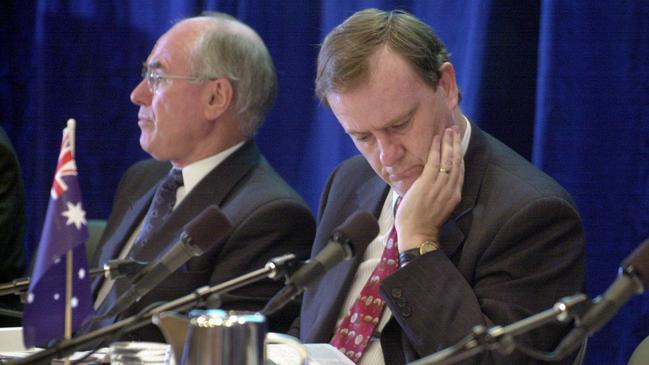
Peter Costello believes the Howard government should have ratified the 1997 Kyoto Protocol as cabinet documents from 2002 reveal Treasury argued for incentives to invest in cleaner energy and advised shielding industries from emissions reduction policies would cost Australia more in the long run.
“Why we never ratified Kyoto was beyond me,” the former Treasurer told The Australian. “What was wrong with ratifying Kyoto? We negotiated it and we were happy with the outcome, we were abiding by it, I think we should have ratified it. There would have been no harm in ratifying it in my view and of course the subsequent deals went far further than Kyoto.”
In response to a July 2002 submission by Environment Minister David Kemp and Foreign Minister Alexander Downer, released on January 1 by the National Archives of Australia, cabinet resolved not to ratify Kyoto because Australian industry would be disadvantaged and there was “no clear pathway” for emissions reductions by developing countries.
CABINET PAPERS 2002
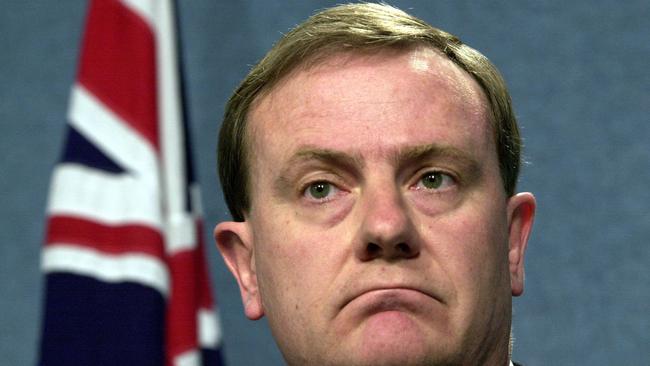
‘Advantage lost’: Costello slams inaction on debt
Twenty years after warning cabinet of significant future budget pressures, former Treasurer Peter Costello says the fiscal and debt position of the nation is far worse than it needed to be.
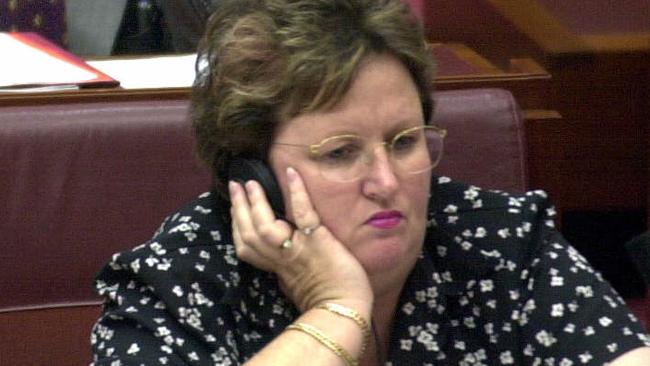
‘I don’t have time for egomaniacs who take notes’
Amanda Vanstone lifts the lid on her time in cabinet, including her dealings with John Howard and disdain for ministers more concerned with publishing memoirs than serving the community.
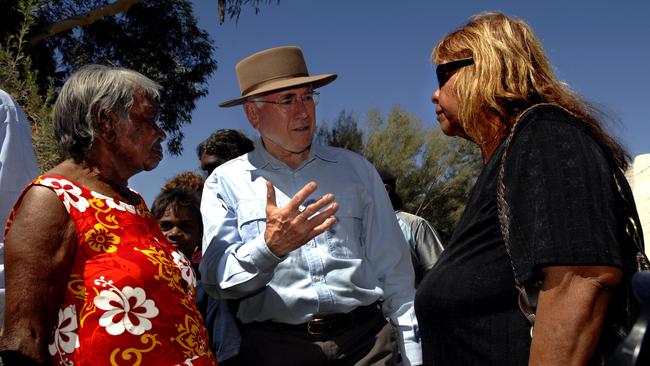
Why Howard government refused to say sorry
Fears that present day Australians would be held responsible for atrocities of the past were behind the Howard government’s refusal to apologise to Indigenous Australians in 2002.

Hicks’ Guantanamo detention ‘lawful’, government ruled
Australian and US governments agreed on the need for a ‘consistent public position’ on Guantanamo detainee David Hicks, cabinet minutes from February 2002 reveal.
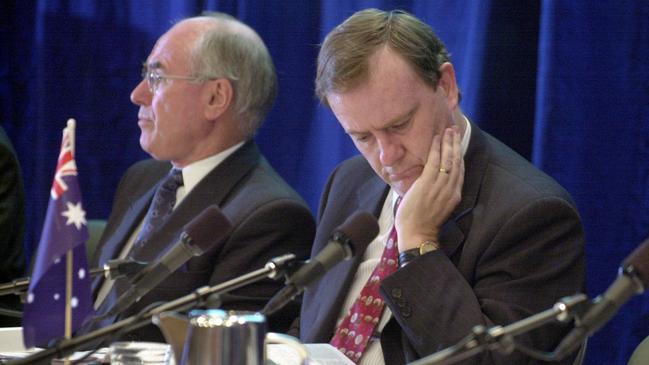
‘Why we never ratified Kyoto was beyond me’: Costello
Peter Costello laments rejection of 1997 Kyoto Protocol as cabinet documents from 2002 reveal Treasury argued for incentives to invest in cleaner energy.
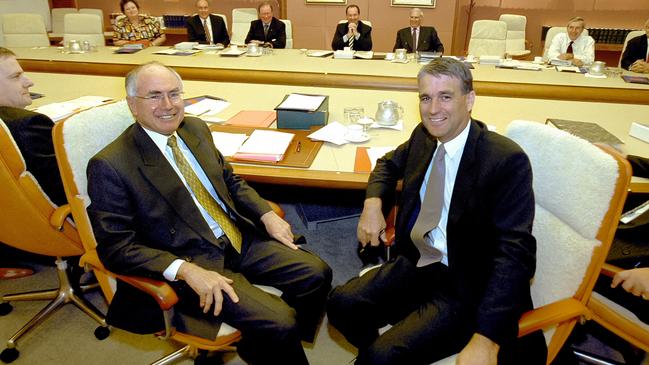
Howard warns on ‘reform fatigue’
John Howard and Peter Costello urge major parties to prioritise deficit and debt reduction to protect the nation from the next major economic shock.
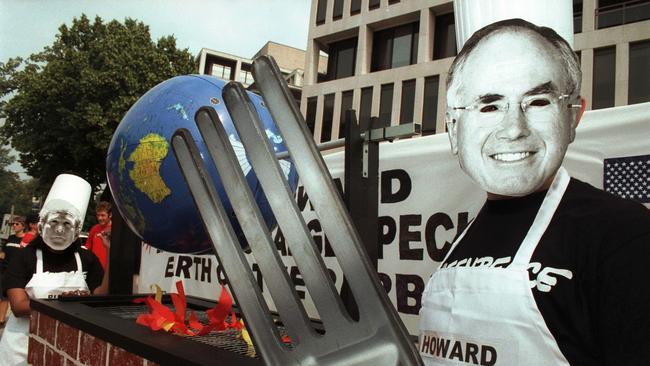
How Kyoto rejection kickstarted the climate wars
Concerns the Kyoto protocol would ‘risk Australia’s competitive advantage in emissions-intensive activities’ were one reason behind Howard government’s refusal to ratify the agreement.

Frustration over new security laws post-9/11
The Department of Prime Minister and Cabinet feared its inability to get state agreement on contentious new security measures in the wake of September 11.

How 9/11, Bali bombings changed our military
With the threat of terrorism looming large, the Howard government created a national special forces command to ensure ‘surgical’ military responses.
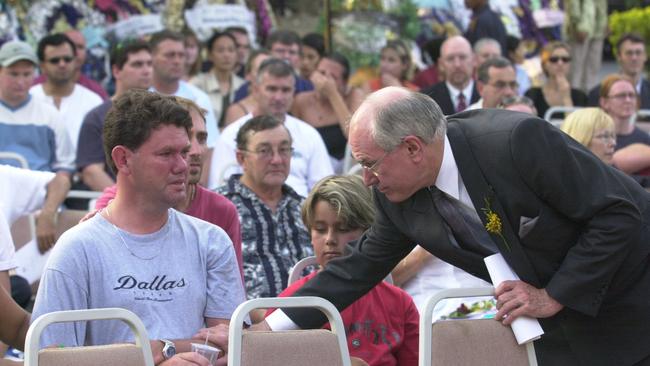
Release of Bali bombmaker ‘regrettable’
Former PM sympathises with victims and relatives over early release from jail of Bali bombmaker Umar Patek.

Australia wary of Afghanistan troop commitment
Declassified national security committee documents reveal that in June of 2002, Defence argued it was ‘not in a position to contribute’ to UN force in Afghanistan.
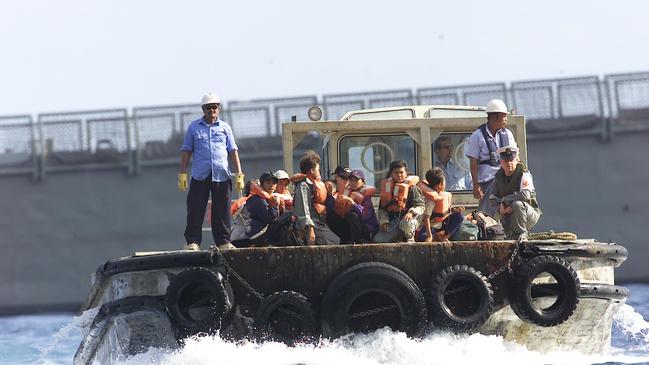
Christmas Island detention centre’s fast-tracking revealed
The Howard government fast-tracked plans to build the first ‘purpose-designed and built’ offshore detention centre controlled by Australia in 2002.
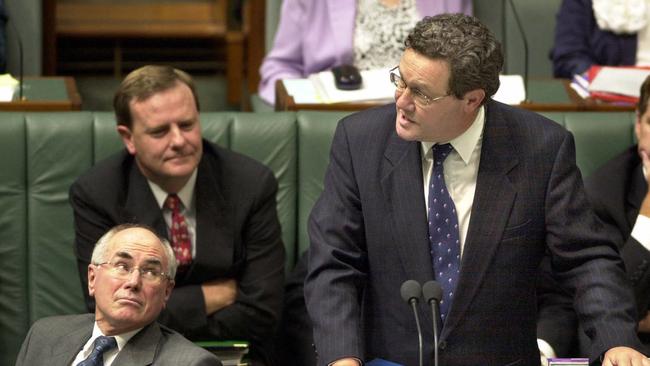
Timor Sea Treaty negotiations to be kept under wraps
Disclosure of details on joint resource-sharing agreement between East Timor and Australia would “damage security”, National Archives rules.
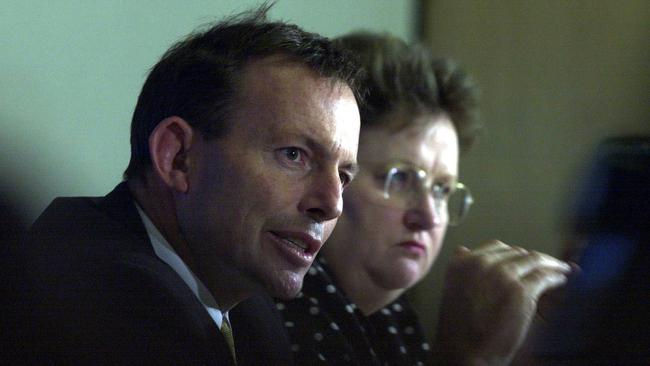
Push to restrain growth of disability pension
Concerns over ‘inappropriate access’ to the Disability Support Pension prompted Howard government to introduce measures to reduce number of recipients, cabinet papers from 2002 reveal.
Although Australia’s Kyoto commitment required only limiting emissions by 108 per cent over 1990 levels between 2008 and 2012, cabinet agreed that the “risks for Australia in burdening its emission-intensive trade-exposed industries with costs not faced by competitors” was not in its interests.
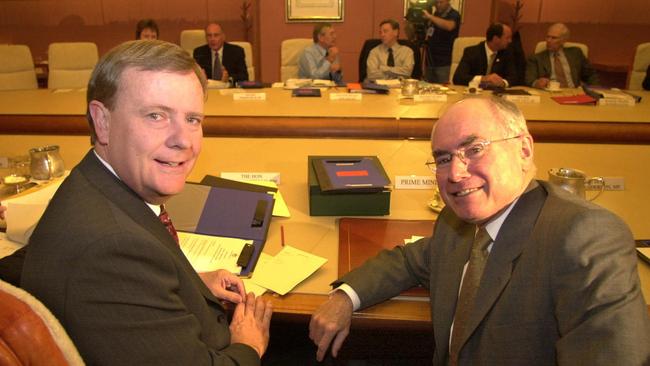
Yet cabinet noted the cost of Australia meeting the 108 per cent target “could be low” and would depend on “policies and measures chosen” to reach it. Cabinet also noted that with no change to policies, Australia’s emissions would be “about” 111 per cent above 1990 levels. Australia, in fact, met and exceeded this first Kyoto target.
The July 2002 submission followed the 2001 Report of the Intergovernmental Panel on Climate Change which found that global warming was accelerating and some impacts might not be reversible, and the US decision not to participate further in the Kyoto Protocol process. It urged Australia to work towards “a global response” and at home pursue “a strong and competitive lower emissions economy.”
While Treasury supported the recommendations, and did not consider Kyoto to be “an effective global instrument” for dealing with climate change. It further argued that any economic costs were related to the extent of emissions reductions required, the measures chosen and trade effects which were all “largely independent of ratification”.
Treasury supported a clearer strategy for climate change, urged industry to shoulder “some responsibility” for reducing emissions and argued that investment in “cleaner technologies” should guide policymaking rather than “direct subsidies”. Further, it argued that “shielding sectors or regions” from emissions reduction policies would “raise the overall economic costs to Australia” longer term.
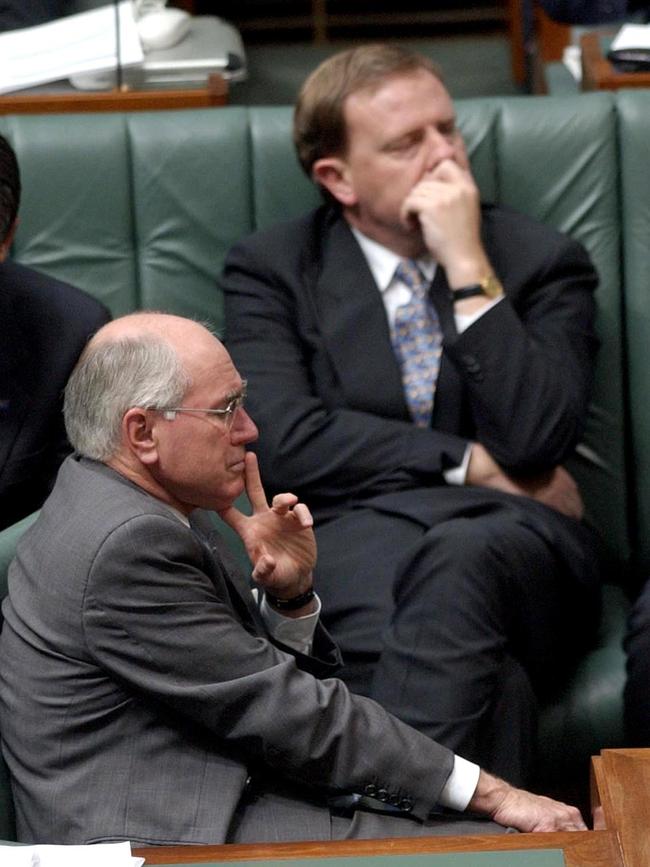
A CSIRO briefing to the Sustainable Environment Committee of cabinet in June 2002 advised that global temperatures were at levels “not sustainable” and even with action to reduce emissions, Australia would still face “considerable impacts” such as extreme weather events, reduced Murray Darling water flows and increased coral bleaching.
John Howard told The Australian that he remained “agnostic” on climate change but supported investment in new energy technology – his government introduced the Mandatory Renewable Energy Target in 2001 – and stood by the decision at the time not to ratify Kyoto.
“The protocols of Kyoto imposed stiffer penalties on a country like Australia,” the former Prime Minister said. “You could easily lose your opportunity of a major investment in, say, an aluminium smelter, because the protocols that applied to the investment in Australia were different from those who would apply to an investment in Indonesia or China.”
In April 2001, Mr Howard wrote to George W. Bush encouraging “an effective global framework to address climate change” that would include emissions reduction commitments from “all major emitters” and a policy framework that did not preclude “unrestricted market-based mechanisms” such as “emissions trading”.
Mr Costello told The Australian that he supported and recommended an emissions trading scheme to address climate change but international co-operation was critical.
“You could introduce a trading scheme here, but would it be recognised in other trading markets?” he said. “If I said I planted a forest in Africa and claimed a credit, would it be verified, would it be real, would it be accepted? I think the reason why we never really went down the path of the trading scheme was that it wouldn’t have been internationally enforceable.”




To join the conversation, please log in. Don't have an account? Register
Join the conversation, you are commenting as Logout